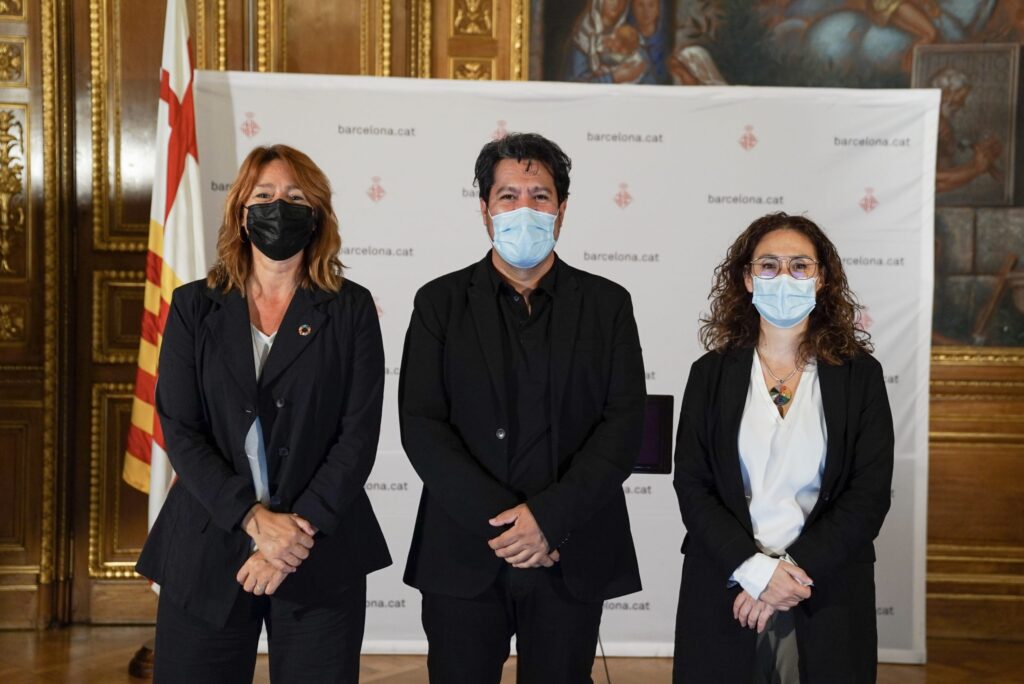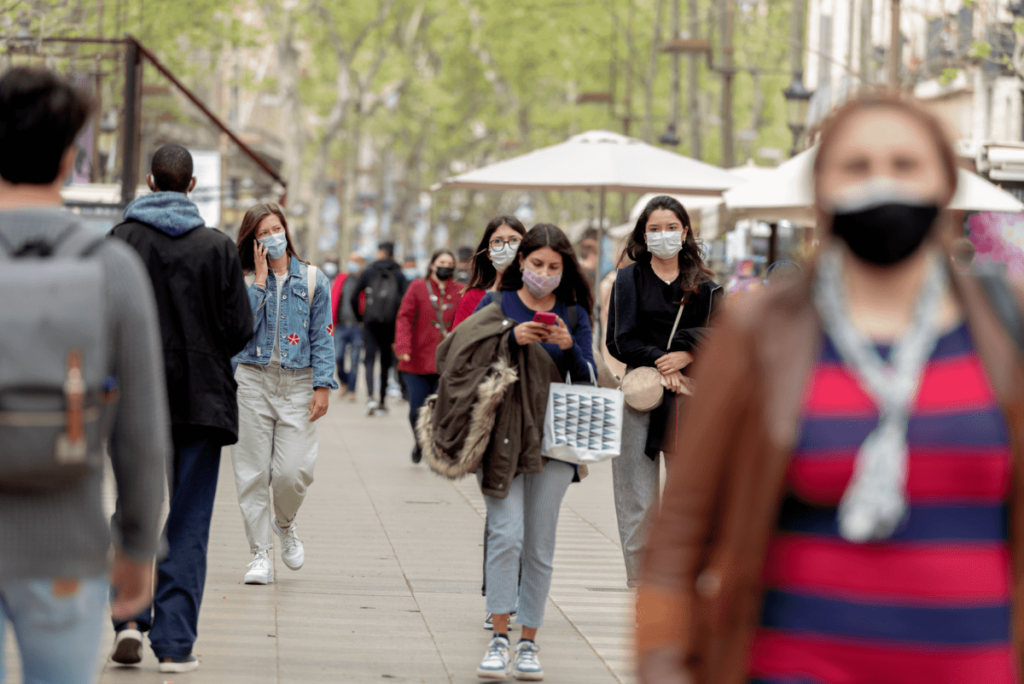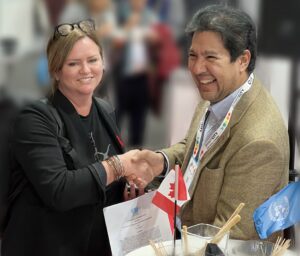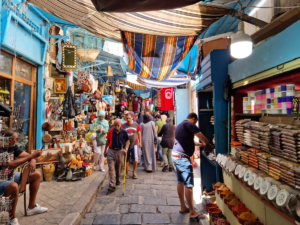On the occasion of World Habitat Day’s celebrations, the Barcelona City Council (Spain) and UN-Habitat’s City Resilience Global Programme strengthen their commitment to create more resilient cities in times of COVID-19 pandemic.
Building resilient cities saves lives, resources and the environment at large. A resilient city assesses, plans and acts to prepare for and respond to all hazards –sudden and slow-onset, expected and unexpected.
The collaboration between Barcelona and UN-Habitat, within a framework of the next four years, is essential to delivering the United Nations operational urban resilience projects, contributing to the achievement of global agendas (Agenda 2030 and Sustainable Development Goals, New Urban Agenda, Paris Agreement on Climate Change and Sendai Framework for Disaster Risk Reduction), sharing innovative practices from Barcelona globally and linking Barcelona with global initiatives such as the Making Cities Resilient 2030 and the World Urban Forum.
In words of UN-Habitat Executive Director, Ms Maimunah Mohd Sharif, “cities must be better planned, managed and financed to improve resilience and meet citizen’s needs leaving no-one behind. Having cities like Barcelona to lead urban innovation and support others is living proof that the change is possible.”

As Laia Bonet, Deputy Mayor for the 2030 Agenda, Digital Transition and International Relations, stated, “the pandemic has been a stress test that has shown us that we must build more resilient cities at a social, ecological, urban and digital level. This means responding to the social emergency; addressing the digital divide through digital inclusion policies, and accelerating the ecological transition to a healthier and more democratic urban model.”
UN-Habitat’s programme on urban resilience and the city of Barcelona has forged relations for the last seven years. As a result of it, in 2013 UN-Habitat established its City Resilience Global Programme and its Urban Resilience Hub in Sant Pau Art Nouveau Site (Barcelona). The first stage of collaboration was aimed at developing the Barcelona’s resilience profile, by collecting data and developing four transversal lines of analysis: housing affordability, access to basic services, risk of social exclusion and gender inequalities. This diagnosis, together with the Barcelona’s resilience strategy, have been an important contribution to the COVID-19 crisis’ response at local level.
Barcelona is now a reference for other municipalities, supporting cities in developing countries (city-to-city cooperation), such as the city of Maputo and Dakar, in expanding their capacity to implement actions for resilience. Initial years of collaboration made possible to advocate for more resilient cities through the Barcelona Resilience Week, disseminating resilience methodologies, models, best practices and foster knowledge exchange between cities and partners.
This new agreement provides an opportunity to revisit goals and to focus on current realities: providing high quality technical expertise and provision of innovative solutions in areas related to urban resilience; and facilitating access to field experiences, tools, knowledge, and current capacity development and training methodologies, with a special focus on COVID-19 response and recovery.
Barcelona City is recognized as the center for promoting research in urban sustainable planning, urban governance and risk management. It is internationally recognized as well as a leader in urban innovation and digital transformation. Barcelona relies on its networks of relevant government and academic institutions as well as a participatory civil society, which have proven experience and knowledge management on sustainable urban development, urban governance, city regeneration, urban economics and risk management.
The City Resilience Global Programme of UN-Habitat delivers a forward looking, multi-sectoral, multi-stakeholder, and multi-hazard approach that considers complexities of urban systems and supports UN-Habitat’s mandate of sustainable urbanization. Its flagship tool City Resilience Profiling Tool is supporting local governments in identifying concrete actions for resilience and sustainability.
UN-Habitat and the city of Barcelona invite other cities to join, support the City Resilience Global Programme and stand strong to better face the challenges to come. Resilient and heathier cities will pass the current crisis and look beyond.






